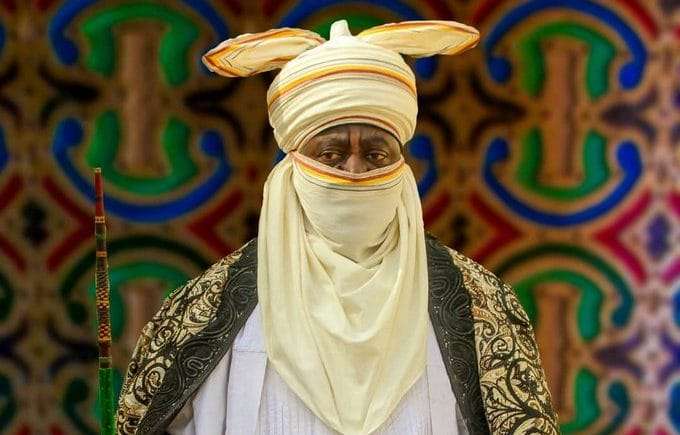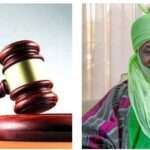Kano – The Kano State High Court has issued an order restraining Alhaji Aminu Ado Bayero from parading himself as the Emir of Kano.
The court’s decision, delivered by Justice Amina Aliyu, also extends to four other deposed emirs, prohibiting them from identifying themselves as the emirs of their respective regions.
The ruling specifically names the deposed emirs of Bichi, Rano, Karaye, and Gaya, alongside the Emir of Kano. Justice Aliyu’s decision underscores the court’s commitment to uphold the rule of law and maintain order amidst ongoing disputes over traditional leadership in Kano State.
The case has drawn considerable attention due to the high-profile nature of the individuals involved and the historical significance of the emirates. Alhaji Aminu Ado Bayero, a prominent figure, ascended to the position of Emir of Kano in March 2020, succeeding the deposed Emir Muhammadu Sanusi II.
The other emirs affected by the court’s order have similarly held influential positions within their communities.
The court’s ruling aims to prevent any further public representation or actions that could be construed as the official duties of the emirate titles until a final decision is reached. This move is seen as a step towards resolving the contentious leadership disputes that have stirred political and social tensions in the region.
As the legal proceedings continue, the affected emirs are expected to abide by the court’s order, refraining from any activities that suggest they hold their former titles. The next steps in the legal process will likely involve further hearings to address the substantive issues underlying the restraining order.
This development marks a pivotal moment in the ongoing saga of traditional leadership in Kano State, with implications that could reshape the landscape of regional authority and governance. The public and stakeholders within the emirates will be closely monitoring the situation as it unfolds.
Background
The Emir of Kano is a historically significant position, wielding considerable influence in northern Nigeria. The current legal battles over the title have roots in political, social, and historical complexities, reflecting broader issues of governance and traditional authority in the region.
Implications
The court’s decision could have far-reaching effects on the stability and governance of the emirates. It serves as a reminder of the judiciary’s role in mediating disputes and enforcing the rule of law, even in matters deeply intertwined with cultural heritage and regional identity.
Next Steps
Further legal proceedings will determine the ultimate resolution of this leadership dispute. In the interim, the court’s order remains a binding directive for the involved parties, emphasizing the importance of judicial authority in resolving such high-stakes conflicts.
For further updates, stay tuned to our continuing coverage of this developing story.






